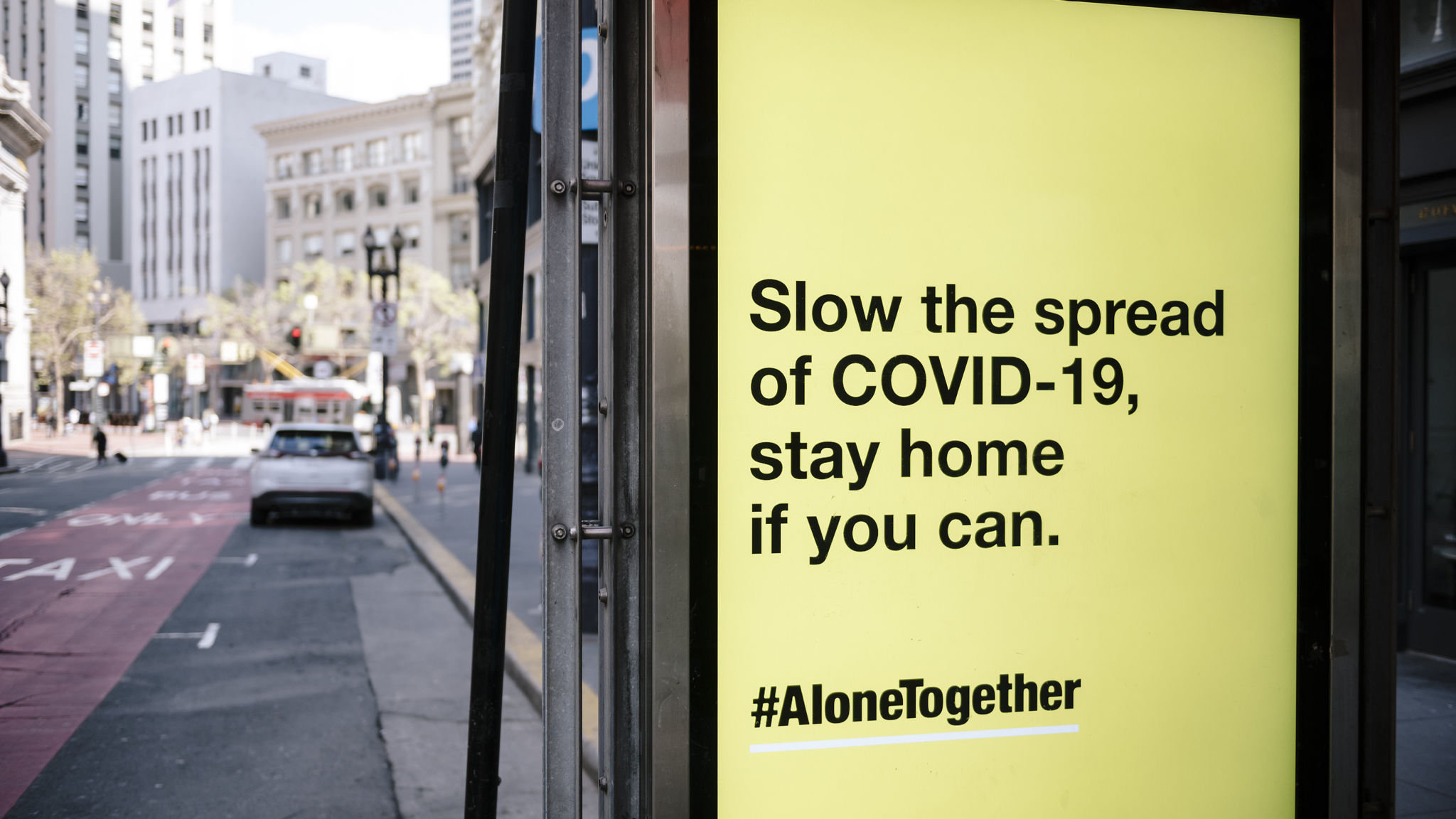New Publication: Biopolitics of COVID-19: Capitalist Continuities and Democratic Openings (interalia)

Biopolitics is a key catchword of Corona theory. But the concept is often used vaguely and without gains of insight. In this article, I systematically highlight how “biopolitics” helps to interpret the pandemic and the social injustices it reinforces. Specifically, I highlight how biopolitics of Covid-19 are entangled with capitalist exploitation and heteronormative regulation, which can be influenced by “democratic biopolitics”.
I am happy that this piece is published in the newest volume of interalia - a journal of queer studies as part of an impressive collection of works that develop a queer perspective on the pandemic under the title “Flashbacks and Flashforwards: Epidemics and Social Change”.
Abstract
“Biopolitics” has become a popular concept for interpreting the COVID-19 pandemic, yet the term is often used vaguely, as a buzzword, and therefore loses its specificity and relevance. This article systematically explains what the biopolitical lens offers for analyzing and normatively criticizing the politics of the coronavirus. I argue that biopolitics are politics of differentiated vulnerability that are intrinsic to capitalist modernity. The situation resulting from the COVID-19 pandemic is, therefore, less of a state of exception than it might appear; COVID-19 is a continuation and intensification of the capitalist biopolitics of differentiated vulnerability. In order to critically evaluate this situation, the article proposes the concept of “democratic biopolitic” and shows how it can be used, among others, for a queer critique of the differentiated vulnerabilities that are produced by the coronavirus and its capitalist governance. In contrast to widespread interpretations of democratic biopolitics that focus on collective care in communities, this article highlights the role of the state and of the redistribution of political power and economic resources as key for biopolitical democratization.
Cite and download
Schubert, Karsten (2022): Biopolitics of COVID-19. Capitalist Continuities and Democratic Openings. In: interalia 16, 97–107. https://doi.org/10.51897/interalia/OAGM9733
PDF
Related Posts
- Video online: Democratic and Populist Biopolitics in the Corona Crisis, 2. July 2020
- Interview about democracy during the Corona crisis and wealth redistribution, 26. May 2021
- Video online: Panel discussion on Corona, Biopolitics an Inequality @ Kampnagel Hamburg, 15. August 2020
- PrEP as Democratic Biopolitics. On the Critique of the Biopolitical Repression Hypothesis - New Publication in the Yearbook Sexualities, 9. July 2020
- New Article in Body Politics: A New Era of Queer Politics? PrEP, Foucauldian Sexual Liberation, and the Overcoming of Homonormativity, 4. May 2022